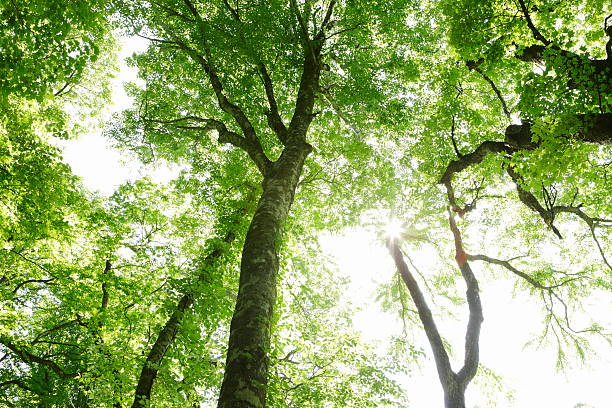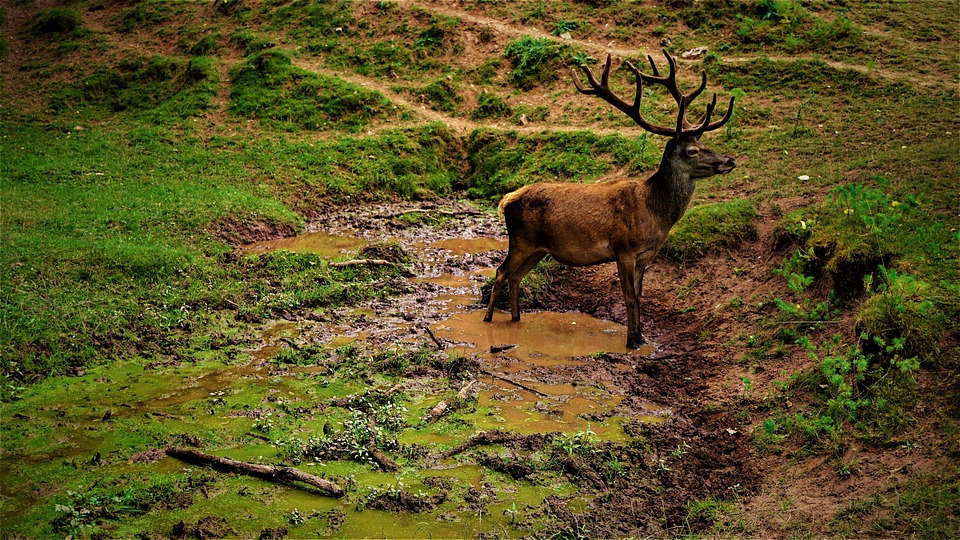The world is quickly approaching tipping points for species extinctions, ecosystem collapse, and loss of genetic diversity. If these tipping points are crossed, the consequences will be disastrous for both nature and humanity.
In response, the 16th Conference of the Parties to the United Nations Convention on Biological Diversity (COP16) in Cali, Colombia, focused on evaluating progress toward implementing the Global Biodiversity Framework, adopted at COP15 in Montreal in 2022.
Unfortunately, progress has been slow and underwhelming.
While global pledges, plans, and goals to address the biodiversity crisis are essential, they often seem distant or intangible to everyday citizens. Global action is politically complex, moving at a slow pace when urgent change is needed.
As a result, individuals may feel powerless and disconnected from the solutions, leading to inaction or worsening the problem.

However, individuals can take meaningful steps to help combat the biodiversity crisis. Here are five actions you can take today:
- Cut Consumption:
Reevaluate your purchasing habits. Unnecessary consumption leads to resource extraction, habitat loss, and pollution, all harming biodiversity. Opt for second-hand items or those made from recycled materials. - Watch What You Eat:
Agriculture is a major driver of biodiversity loss. Choose local, sustainably produced foods and reduce your intake of over-fished seafood, red meat, and palm oil-based products. Use apps or certifications to make informed decisions. - Choose Renewable Energy:
The climate and biodiversity crises are interconnected. Opt for renewable energy sources in your home and transportation to reduce your carbon footprint, supporting both the fight against climate change and the protection of species. - Get Your Hands Dirty:
Engage in community-based environmental projects such as revegetation and habitat restoration. Local efforts like urban restoration and forest stewardship are crucial in protecting biodiversity. - Adjust Expectations and Accept Responsibility:
Wealthy nations, with their larger environmental footprints, must lead the way in adapting to sustainable lifestyles. Start by raising awareness and making conscious choices to reduce your environmental impact.
While governments and corporations continue to delay concrete action, individuals hold the power to make a difference through small but impactful decisions. Cumulative actions can spark the change needed to protect our planet’s biodiversity for future generations.

